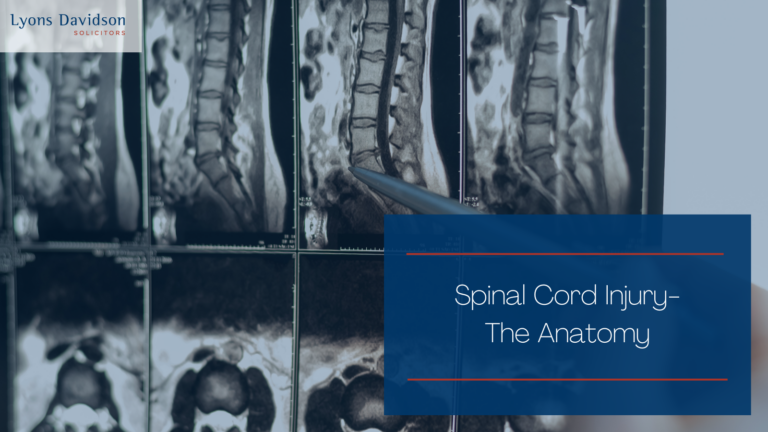Headway, the Brain Injury Association during Action for Brain Injury Week are raising awareness of the impact of brain injury. Headway’s campaign this year is “a life re-written”– focusing on identity following a brain injury.
As part of their campaign Headway have undertaken a detailed survey with over 3,500 brain injury survivors in the UK as well as family, partners, friends, and carers.
If you want to learn more about this year’s important campaign and the results of their survey in detail; or see how you can get involved, then please click on the link at the end of this article.
One theme from the survey results is the impact that a brain injury has on the mental health for the individual concerned and that of their partners, family, and carers.
Some of the key findings from the survey results are as follows:
Almost 70% of brain injury survivors reported that their mental health was worse since the injury (69%).
Almost 70% carers reported that their mental health was worse since the injury (68%).
The survey reveals that mental health for many deteriorated due to living with challenges caused by their brain injury. It is not just the physical nature of the brain injury but also the emotional response of having your life and future goals change dramatically in an instant.
One survivor eloquently described the impact in the survey:
“I was extremely confident, loved life, lots of friends, never in, always doing things going places. Now I have no friends, no job, no life, no wants, no memories, can’t remember things I’ve done with my kids can’t remember conversations one hour later, can’t remember what I had for breakfast or if I’ve ever had one, can’t remember when I shower last, can’t cook, burn food, forget I’ve put in the oven, can’t remember appointments the list goes on, and on can’t remember people I meet things I say.”
Worsening mental health is also linked with survivors’ feelings of isolation and having fewer social opportunities following injury. The effects of brain injury for some result in difficulty regulating emotions and having greater fluctuations in mood, with feelings of anger, sadness and not being able to notice social cues or body language, making social interactions difficult.
Positively a small number of survivors felt that their mental health was in fact better since the injury (7%) – due to “a slower pace of life, identifying new opportunities and keeping a positive perspective.”
With respect to carers, the survey says that almost 70% carers reported that their mental health was worse since the injury (68%).
For many, concerns for the survivor’s wellbeing were the main trigger of anxiety and depression. Some felt mentally exhausted by the challenges they face in supporting their loved one.
Other reasons for worsening mental health reported in carers included feeling unsupported by health and care services; missing their pre-injury life; having to manage the effects of brain injury and relationship difficulties with the survivor.
Many carers also described their mental health being worse in the earlier stages of injury with some carers have accessed counselling to help them to cope with the impact on their own mental health.
Both survivors and carers reported being helped to adjust to changes to their lives by the invaluable support and understanding of their local brain injury groups, access to counselling and rehabilitation, spirituality, acceptance of life having been rewritten after the injury, learning coping mechanisms, pets, and the passage of time.
You can find the full report at abi-week-2024-a-life-rewritten-an-exploration-into-the-ways-in-which-life-can-be-re-written-after-brain-injury.pdf (headway.org.uk)
Need support with your mental health after brain injury?
The Headway helpline offers a free and confidential support service to help anyone experiencing the effects relating to brain injury. Freephone: 0808 800 2244 | Email: [email protected].



